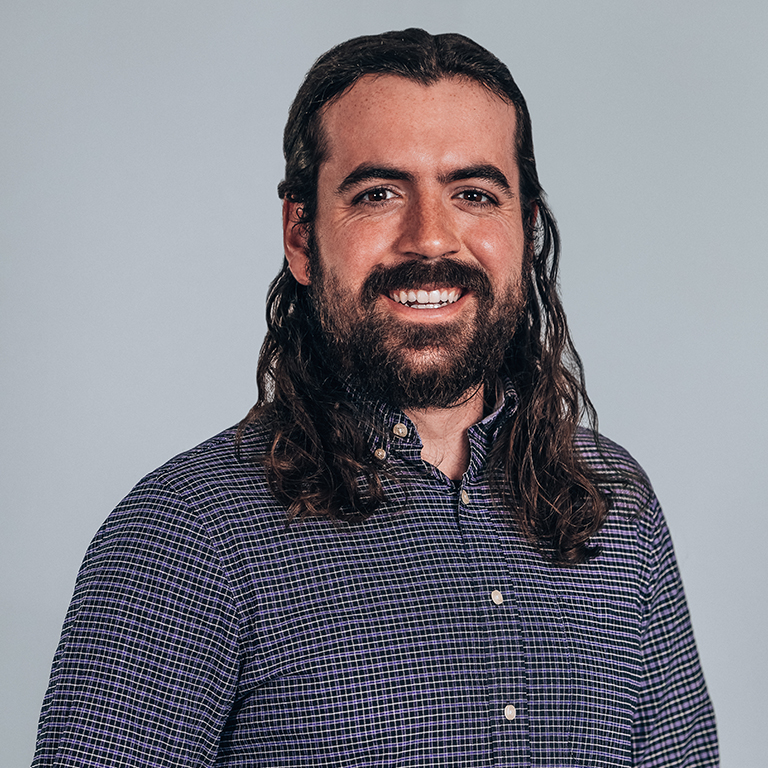Meet the Team
Cameron Johnson
Senior R&D Engineer
Kitware New York
Clifton Park, NY
Master’s in Electrical Engineering
New York University
Bachelor’s in Electrical Engineering
University of Central Florida
Cameron Johnson is a Senior R&D engineer who works remotely on Kitware’s Computer Vision Team. He has primarily focused on forensics research and engineering through DARPA’s MediFor and SemaFor programs. He has led efforts to integrate the dozens of forensic analytics from our team into APIs for evaluation and implementation and add these analytics into a new forensic toolkit for the VIGILANT overhead image analysis system. He has also developed novel forensics algorithms in the program.
Outside of forensics work, Cameron has worked on projects involving edge processing of deep learning networks with low-SWaP budget, compressing neural networks to be run on FPGAs or low-power GPUs. He has also researched change detection problems using multi-temporal overhead imagery.
In addition to his projects, Cameron also mentors new employees as part of Kitware’s onboarding process.
Cameron received his master’s degree in electrical engineering from New York University. He received his bachelor’s degree in electrical engineering from the University of Central Florida.
Awards
Best Paper Award, IEEE WIFS, 2019
M. Kirchner and C. Johnson, “SPN-CNN: Boosting Sensor-Based Source Camera Attribution With Deep Learning,” in IEEE International Workshop on Information Forensics and Security (WIFS), 2019. Winner, Best Paper Award. [URL]
Publications
- D. Melamed, C. Johnson, S. Brockman, R. Blue, A. Hoogs, P. Morrone, and B. Clipp, "Rapid Training of Artificial Intelligence Battle Damage Assessment Tools to New Conflicts," in Proceedings of the National Security Sensor and Data Fusion Committee (NSSDF), 2023.
- M. Kirchner and C. Johnson, "SPN-CNN: Boosting Sensor-Based Source Camera Attribution With Deep Learning," in IEEE International Workshop on Information Forensics and Security (WIFS), 2019. Winner, Best Paper Award. [URL]
